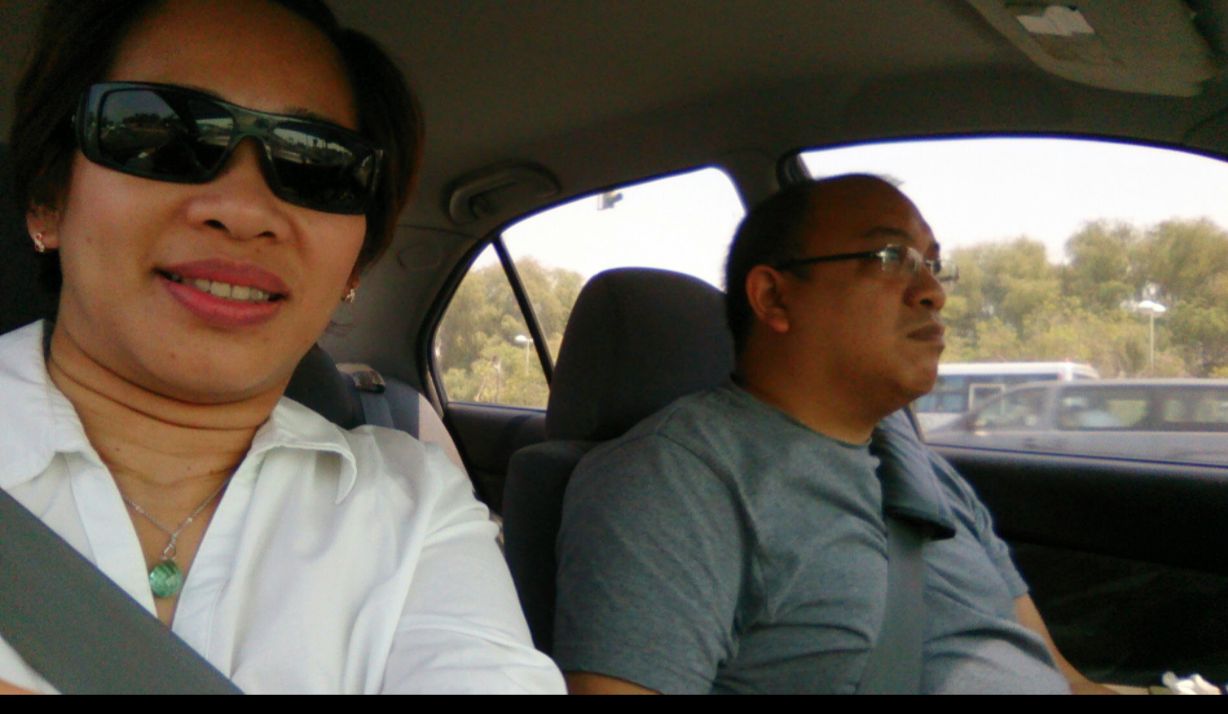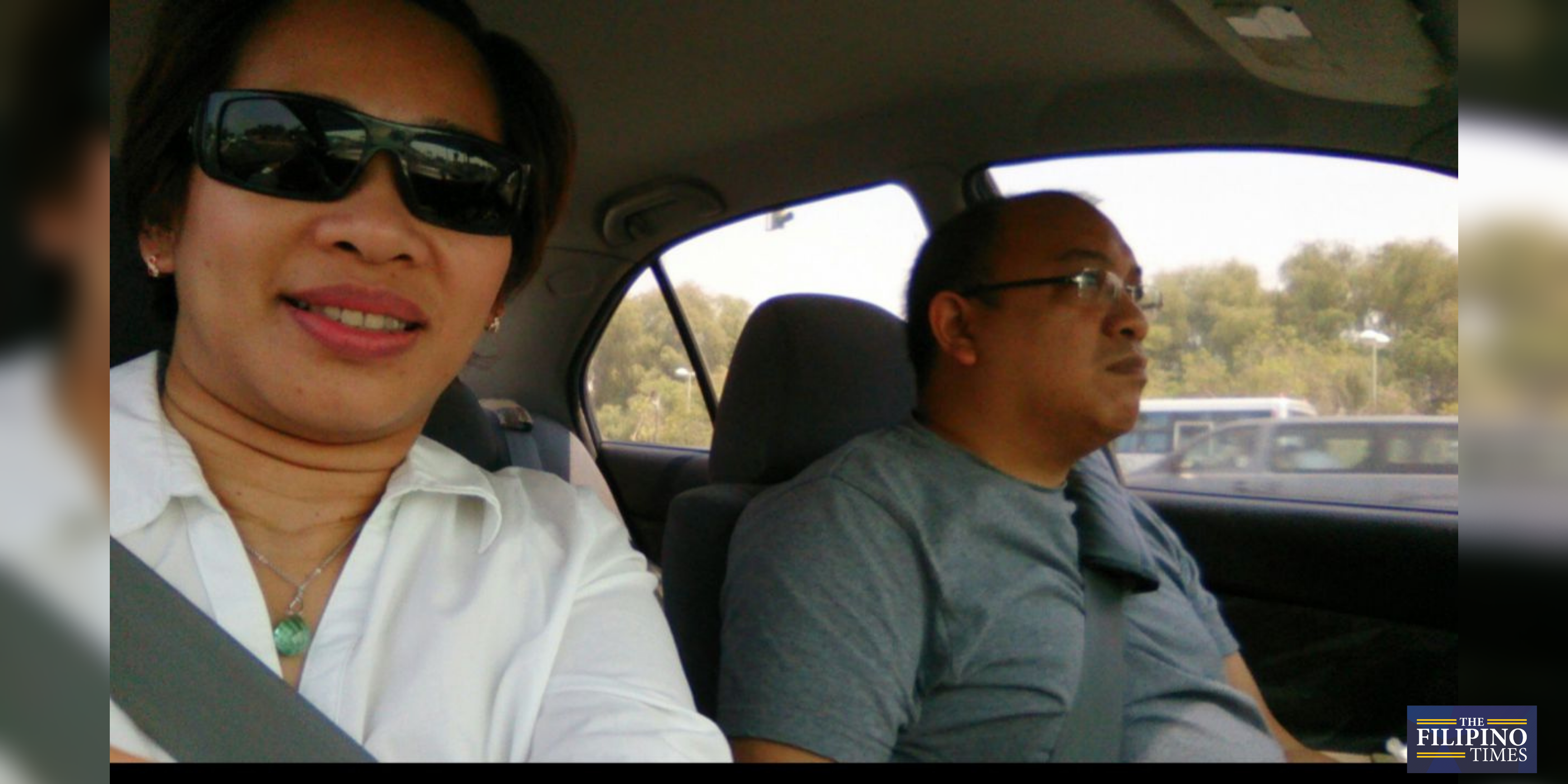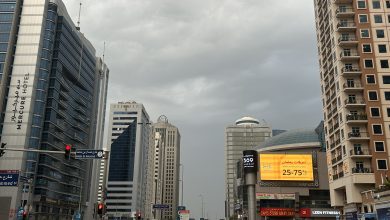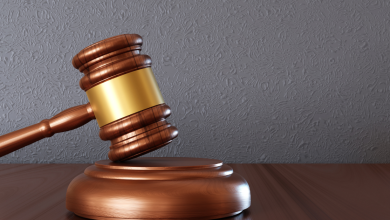With the fluctuating petrol prices globally, commuters and motorists can’t help but feel hurt while driving or commuting to work.
The UAE fuel price committee announced on June 30 the changes in petrol and diesel prices for the month of July 2022. The price of Super 98 has risen to Dhs 4.63 per litre.
On July 1, the Sharjah Roads and Transport Authority (SRTA) announced its adjusted on its taxi meter prices.
أسعار الوقود الشهرية: أسعار الوقود لشهر يوليو 2022 وفقاً للجنة متابعة أسعار الجازولين والديزل في #الإمارات
⛽ Monthly Fuel Price Announcement:
July 2022 fuel prices released by the #UAE Fuel Price Follow-up Committee pic.twitter.com/2vE4WBTfTu— Emarat (امارات) (@EmaratOfficial) June 30, 2022
Lindsay Leano, an Overseas Filipino Worker (OFW) who originally rented an apartment in Sharjah despite being employed in Dubai, decided to move back to renting a space in Dubai considering the fluctuating fuel prices.
“Totoong mabigat sa bulsa yung gastos sa pamasahe. [Tsaka] time management din. Oo mura bahay sa Sharjah pero kailangan mo ng napakalaking allowance sa pag travel,” said Leano.
She said that if before her average travel allowance is 700 dirhams a month, with the current prices, her monthly cost would have gone up to 1000 dirhams.
Tips on how to manage fluctuating fuel prices
David Edward Ison, an Overseas Filipino Worker (OFW) who lives in Sharjah and travels daily to Dubai for work shares some tips on how he and his family manages the fluctuating fuel prices.

Photo of David Ison and his wife Felma.
Ison has been driving back and forth Sharjah daily for the past six years.
“The increase before is not too much [ but] this year is too much. January this year, it is only 2 dirhams plus per liter, the special. Now it’s 5 plus. It seems the increase is more than 30 fils. But from June to July it was 49 fils increase. Although we have a small car still you will feel the cost,” said Dave.
With the recently announced increase in petrol prices for July, he said that they follow some steps that help manage their travel expenses.
- “Planned trip. So you need schedule your errands to save fuel and money.”
Ison shared that they organize their schedule to make sure that they have a systematic travel flow which helps save fuel.
2. “If I can walk to my destination, I will walk.”
He also shared as an example that he walks to nearby locations to pay bills instead of bringing their car.
“To save money as you know the domino effects to the prices of commodities caused by fuel price increase, we also apply other money saving steps,” said Ison.
He said that a bit of change in lifestyle helps manage their budgeting and expenses.
3. “Eating less outside.”
He also said that if before they plan eating in restaurants monthly, they adjust it to every 2 or 3 months.
4. “Me and [my wife] decided to no buying of clothes or unnecessary purchases”
Another helpful way to determine whether you should proceed with any purchases according to Ison is it to try answering the following questions.
“3 Questions to ask when you are buying: #1 Is it a need or a want? Usually the answer is need. Next question #2 Do I have money (cash or debit card) to buy it? If yes, we go to question #3 Will my daily life, continue even if I don’t buy it? If still yes is the answer, you have saved the money,” shared Ison.
An alternative set of questions you can try to assess purchases is:
- Do you need it?
- Do you need it now?
- Can you afford it?
- Is it the best deal?
- Does your spouse approve of it?
Should one of your answers be ‘no,’ then you should not proceed with the purchase. The same list of questions can be applied when deciding to travel to-and-from Dubai for recreational purposes.




